
Research Areas
Large-strain deformation of polymer gels
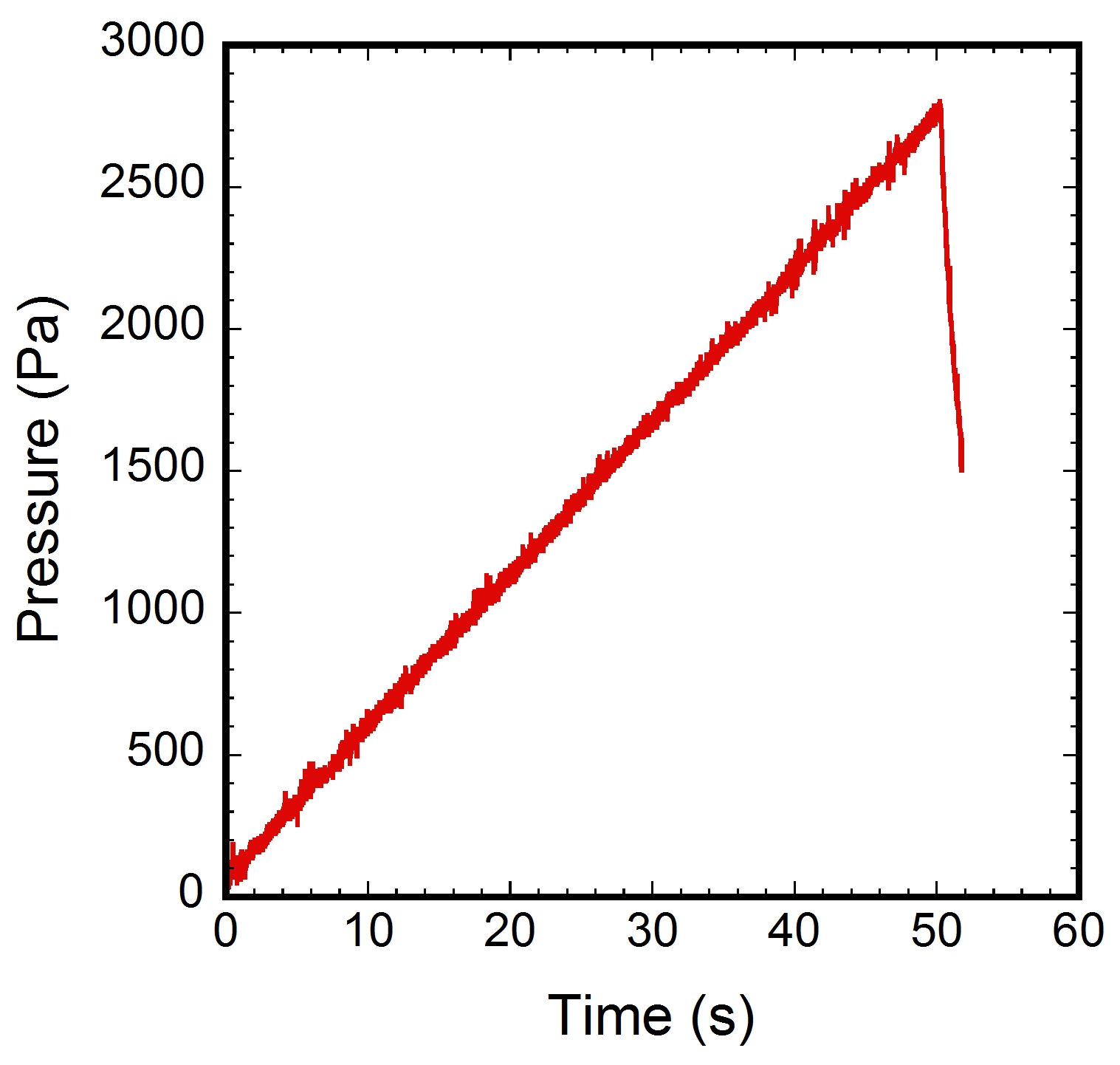
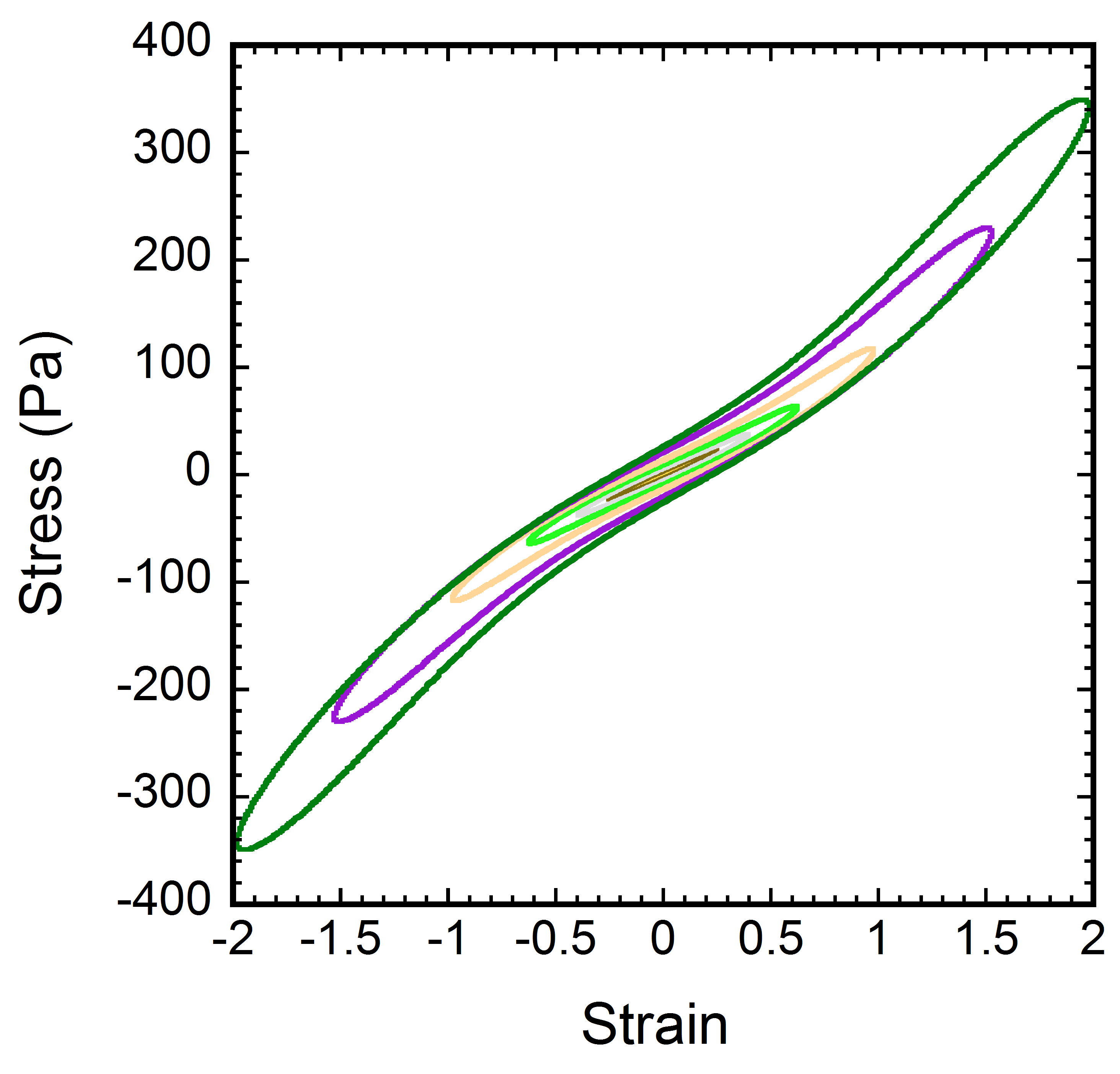
We are investigating deformation behavior of PMMA-PnBA-PMMA (triblock copolymer) and alginate (biopolymer) gels using various mode of deformation. The rheological responses of these gels are being investigated using large amplitude oscillatory shear (LAOS) experiments. Various constitutive equations describing the rheological responses are utilized. We are also investigating how these gels fracture or cavitate as a function of pressure, initiated from a defect inside the gel. The critical pressure corresponding to the cavitation or fracture is compared with the rheological measurements. Finite element based software (COMSOL, ABAQUS) are being used to model the cavitation and fracture behavior.
Effect of temperature on shear-thickening fluids
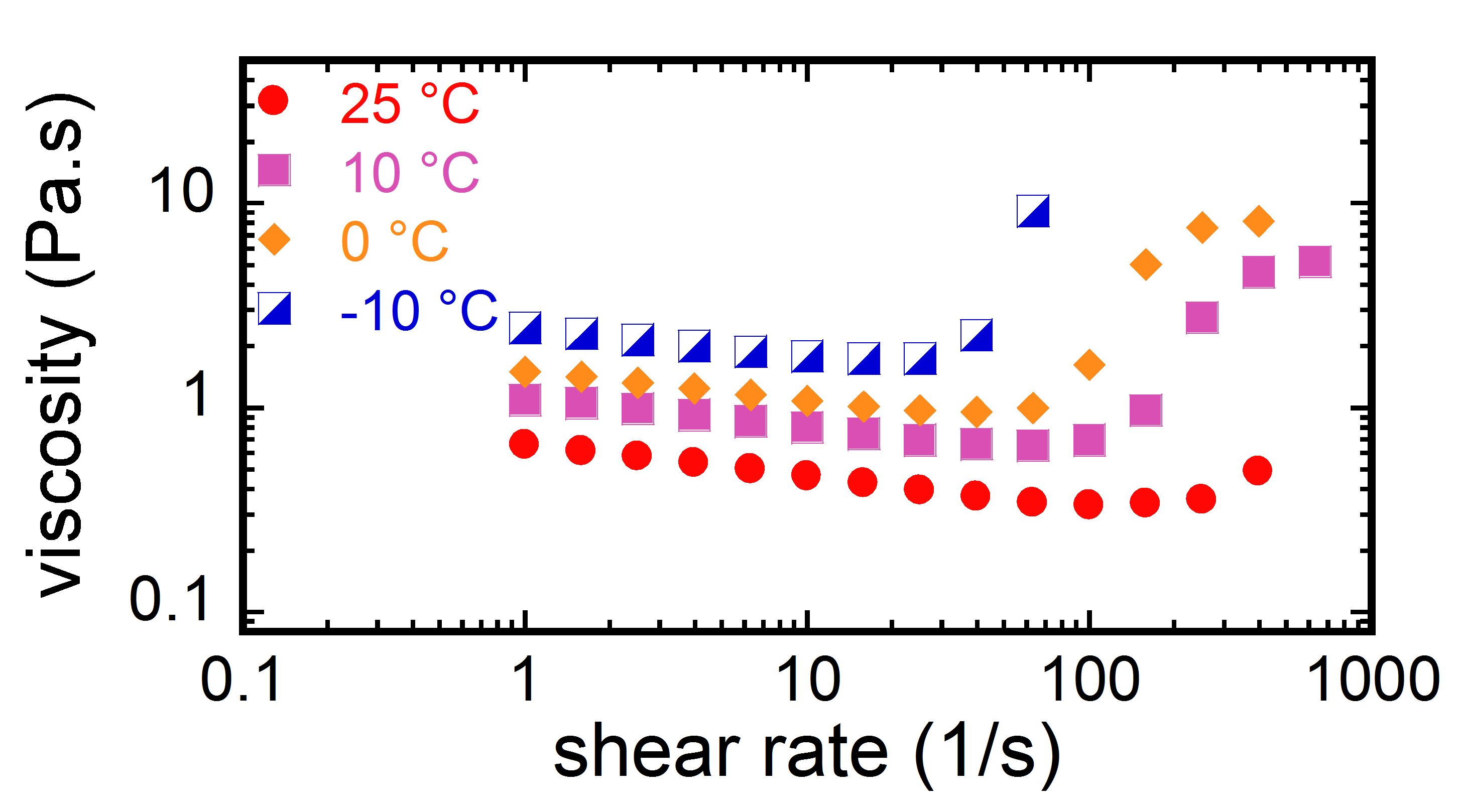
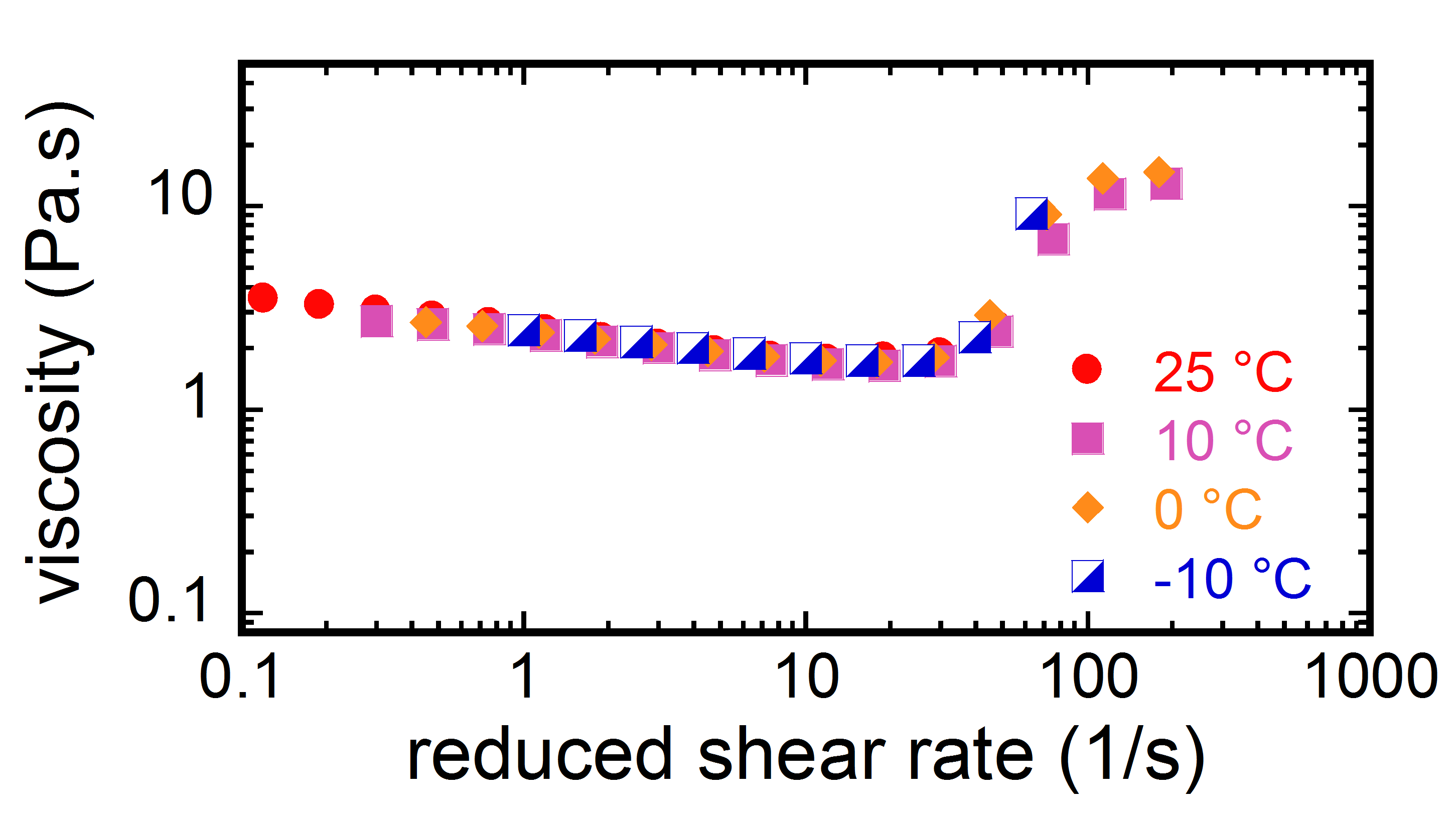
In a multidisciplinary collaborative project with Dr. Hossein Toghiani (Chemical), Dr. Tom Lacy (Aerospace), and Chuck Pittman (Chemistry) various potential micrometroid shielding materials, impregnated with shear-thickening fluids are being investigated. In our laboratory we are studying the extent and onset of shear-thickening as a function of temperature, shape- and size- of the dispersed phase.
Major Facilities
Torsional Rheometer
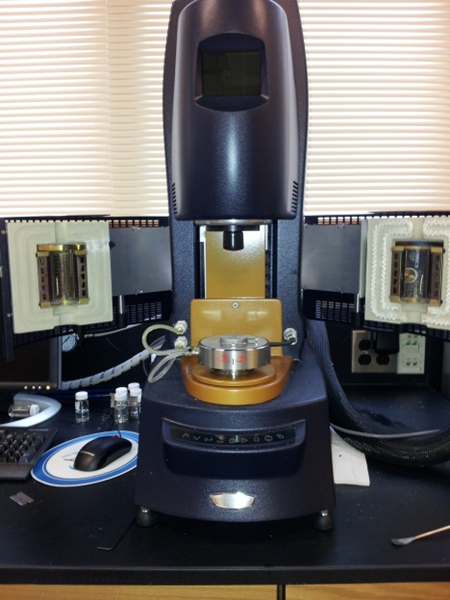
Cavitation Rheology
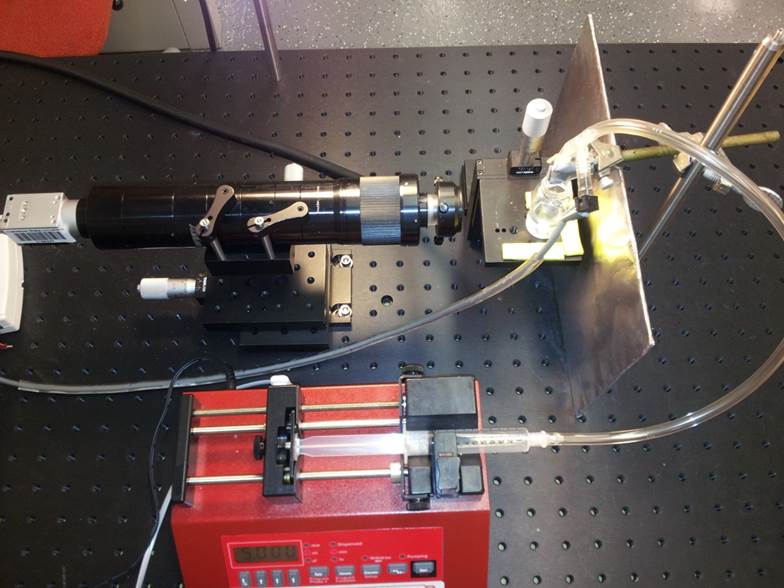

A TA Instruments Hybrid (HR2) rheometer is avialble in our labortaory. It is fitted with a Peltier device (temperature range of 0 °C to 50 °C) and an environmental chamber (temperature range of -150 °C to 450 °C). Standard geometries, such as cone-plate and parallel plates of various dimensions, are available.
Cavitation Rheology

A custom-built cavitation rheology instrument fitted with image and data acquisition systems controlled through a LabVIEW program is available in our laboratory.
Fundings
NSF- CAREER (DMR-Polymers), USDA, FDA, NSF-I/UCRC, NSF-EPSCoR (MS Track I), NSF-EPSCoR (LA-MS Track II), DOD-ERDC.
Collaborators
Hossein Toghiani (MSU), Tom Lacy (MSU), Charles Pittman (MSU), Keisha Walters (MSU), Amit Naskar (ORNL), Edwin Chan (NIST), Kate Beers (NIST), Sheng Lin-Gibson (NIST)
